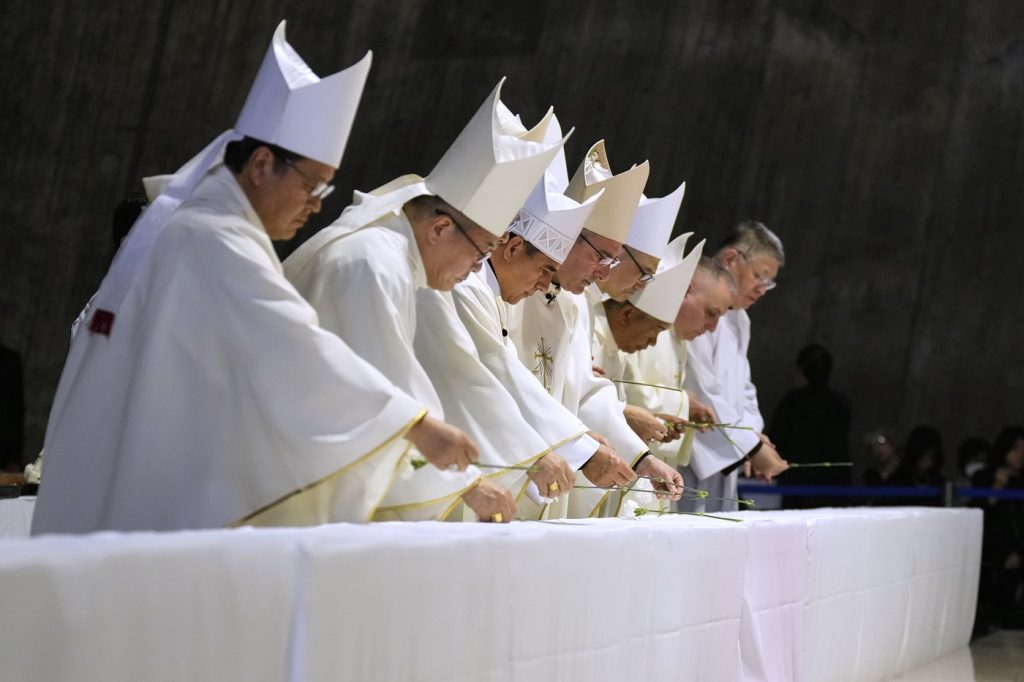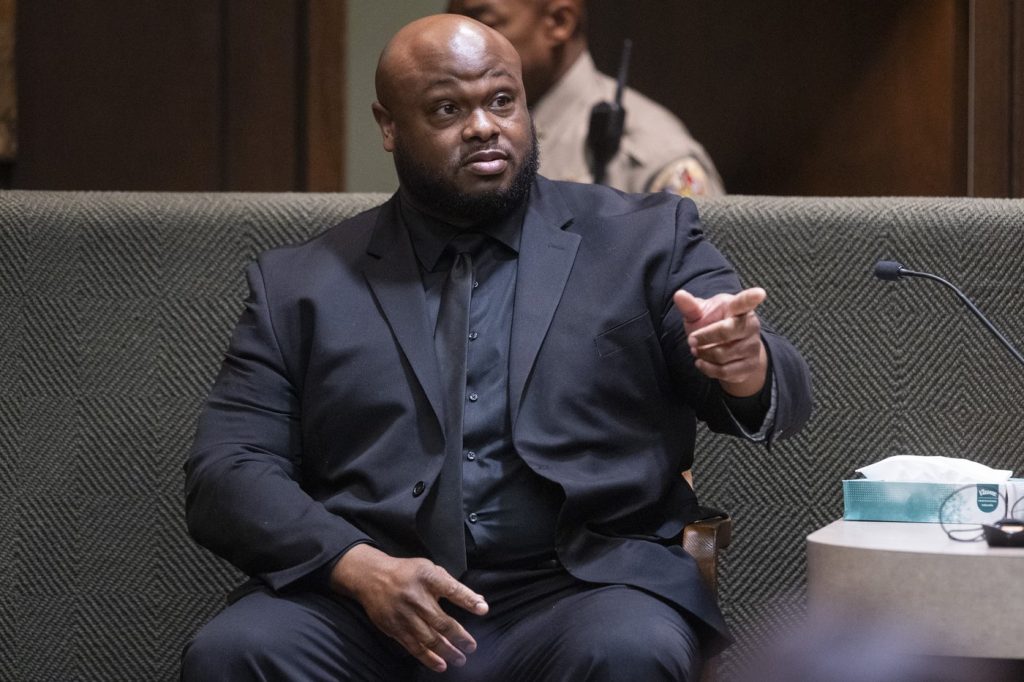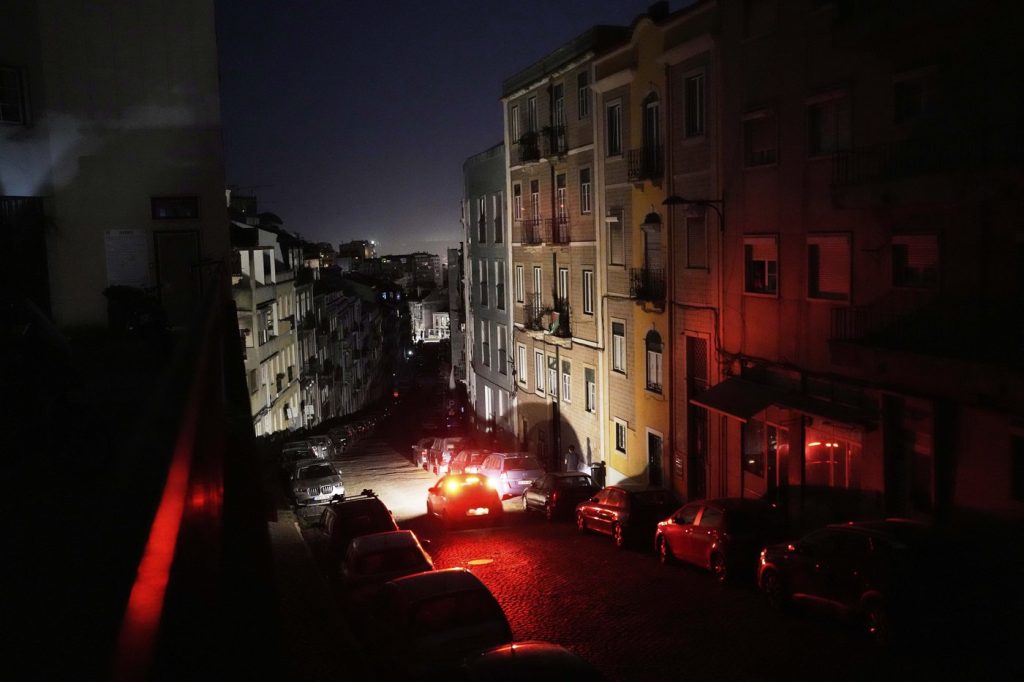Catholic cardinals have announced that the conclave to elect the successor of Pope Francis will commence on May 7, having postponed the secret voting by two days. This delay aims to allow the cardinals to familiarize themselves with one another and reach a consensus on a candidate before secluding themselves in the Sistine Chapel for the election process.
The decision to set the date was made following the first day of informal discussions that took place after Pope Francis’s funeral on Saturday. The atmosphere was tense, with journalists pressing cardinals for updates on the mood within the meetings and queries about potential divisions. One reporter from a satirical Italian TV show provocatively questioned whether a convicted cardinal would be permitted to vote.
Argentine Cardinal Ángel Sixto Rossi, the newly appointed archbishop of Córdoba, expressed a desire for unity within the group. He stated, “There is the hope of unity.” Many other cardinals echoed the sentiment, indicating a collective focus on continuing Pope Francis’s pastoral approach towards marginalized individuals and a stance against war. However, conservative factions within the Church appear intent on redirecting focus back to the core doctrines favored by St. John Paul II and Pope Benedict XVI, as opposed to maintaining Francis’s emphasis on social justice and outreach to women and LGBTQ+ individuals.
British Cardinal Vincent Nichols emphasized the importance of unity within the Church and played down existing tensions, remarking that the pope's role is to unify. He commented, “The role of the pope is to essentially hold us together and that’s the grace we’ve been given from God.” Venezuelan Cardinal Baltazar Enrique Porras Cardozo also voiced confidence, predicting that the conclave would conclude quickly, perhaps within just two to three days.
Cardinal Electors
The College of Cardinals participating in the election consists of 135 members from across the globe, many of whom were appointed by Pope Francis during his 12-year tenure. This diverse group brings varying perspectives to the hierarchy of the Catholic Church, although many do not know each other well. Cardinal Nichols noted that given the recent appointments, the electors are still in the process of familiarizing themselves.
While cardinals under the age of 80 are eligible to vote, there are questions regarding attendance. For instance, a Spanish cardinal has already confirmed he will not be traveling to Rome for health reasons. Additionally, there is uncertainty concerning the participation of Cardinal Angelo Becciu, who was previously a prominent Vatican figure but resigned amid allegations of financial misconduct. Although he was convicted in December 2023, Becciu is appealing the ruling and has been involved in pre-conclave discussions, creating ambiguity about his voting status.
Papal Candidates
Despite Pope Francis’s influence in appointing cardinals, it is not guaranteed that all will align with his vision for the Church. As cardinals arrive at St. Peter’s Square, the excitement among media is palpable, capturing any moment with the red caps of cardinals as they enter the Vatican. Italian Cardinal Matteo Zuppi, a potential successor, humorously engaged with reporters but remained tight-lipped about his intentions.
African Voices
Nigerian Cardinal John Olorunfemi Onaiyekan acknowledged the solidarity among African cardinals, yet emphasized their primary goal is to appoint a new pope rather than engage in political maneuvering. This follows the African bishops’ unified rejection of Pope Francis’s outreach towards the LGBTQ+ community, suggesting the 18 African cardinals might collectively oppose a progressive candidate.
Asian and Latin American Voices
Indian Cardinal Anthony Poola shared a sense of camaraderie among his fellow electors, although he acknowledged the unpredictability of the conclave. He noted that the next pope must be prepared to lead the Church effectively. Cardinal Rossi expressed hopes that the values of mercy and compassion emphasized by Pope Francis will guide the cardinals in their choice of successor. However, he candidly confessed to feeling apprehensive about participating in the conclave, humorously admitting, “Afraid.”












